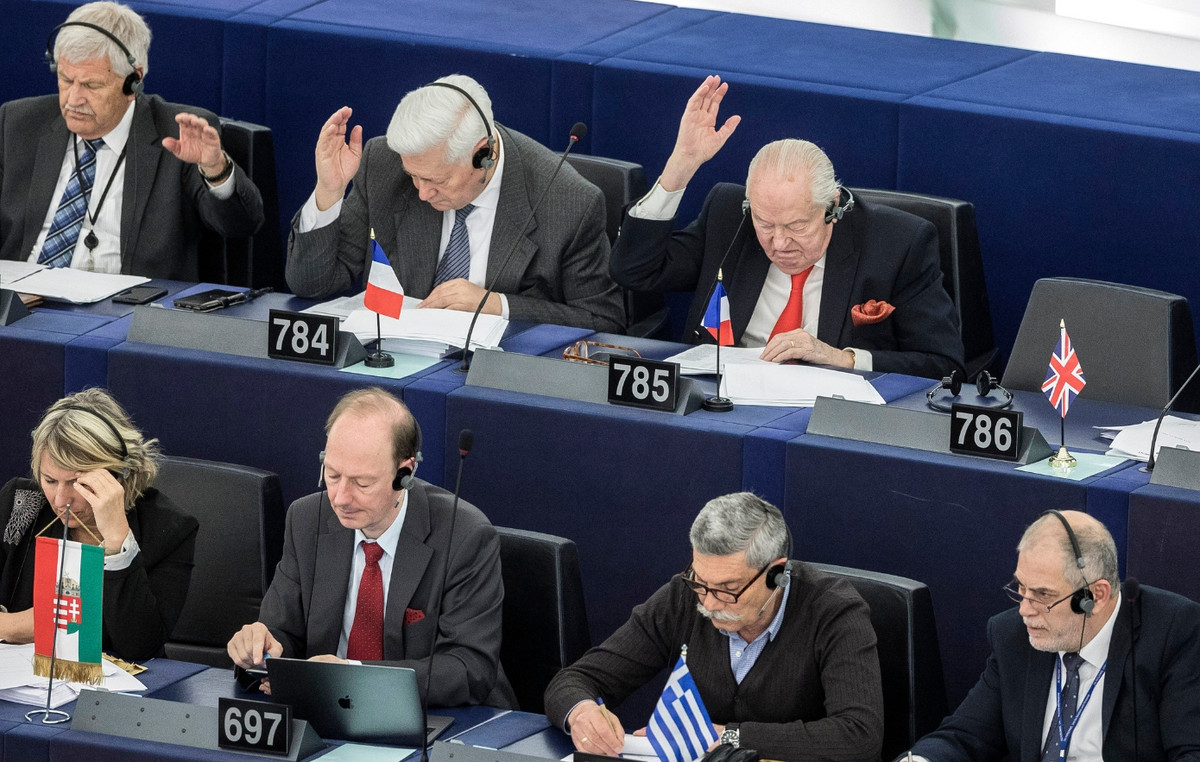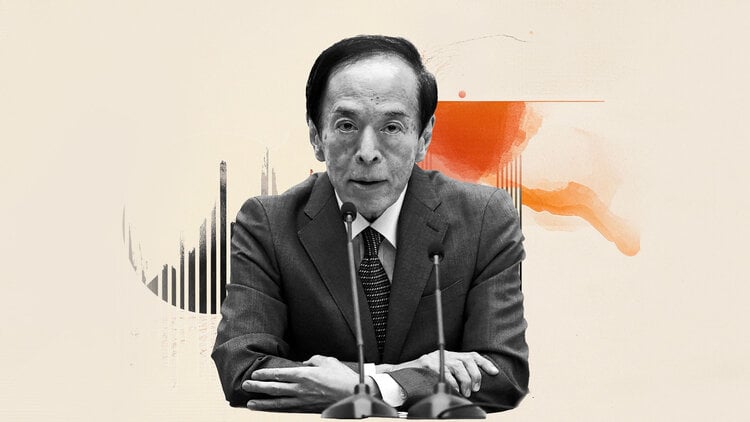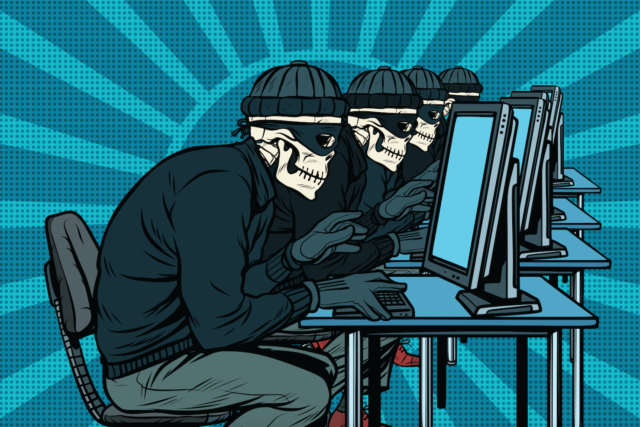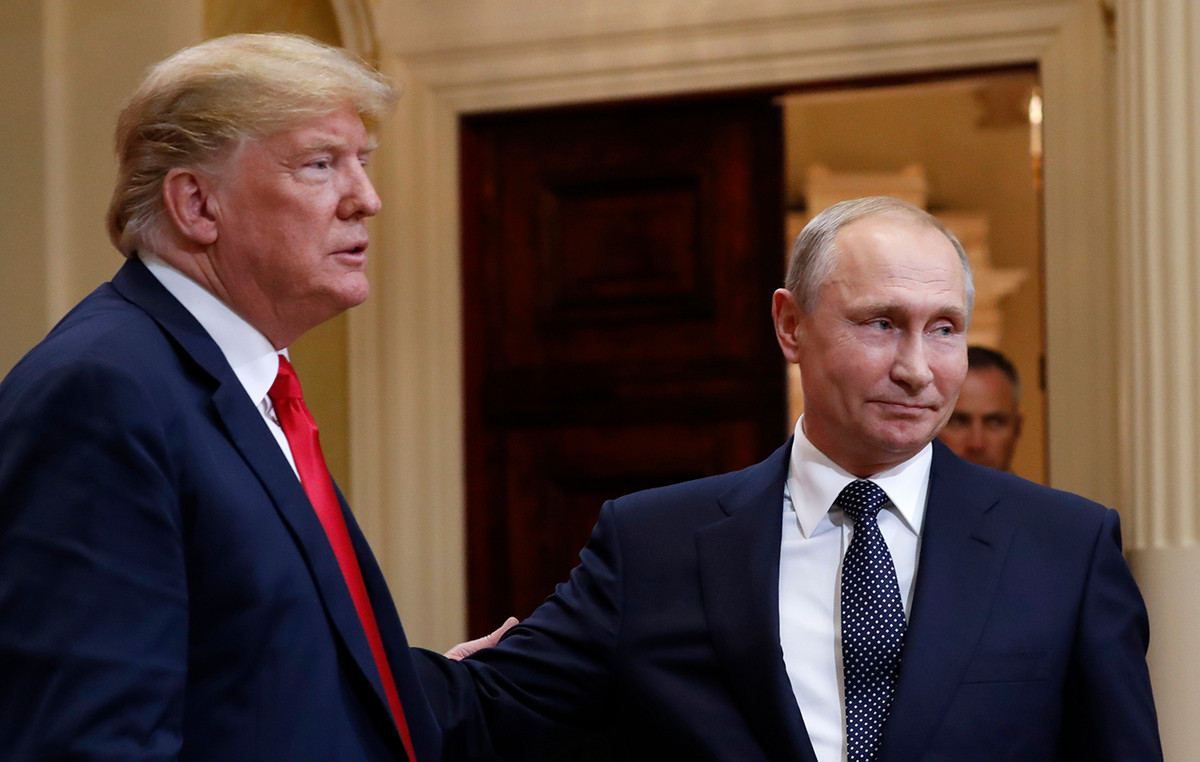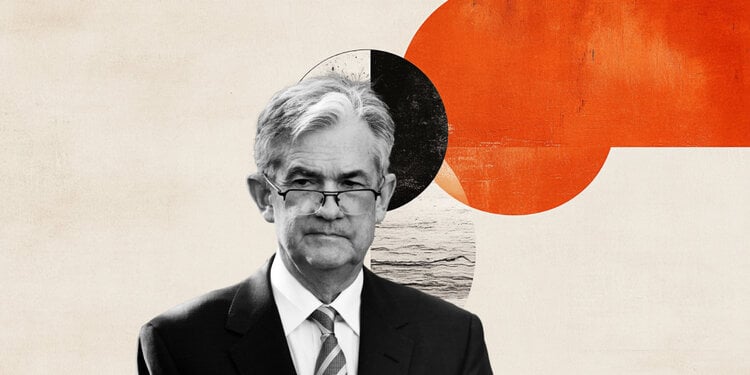By Matthew Saint
In his book “The Black Swan. The Impact of the Extremely Unbelievable”, Nassim Nicholas Taleb writes about a turkey that is being fattened in view of Thanksgiving. Every day, the farmer feeds her and the living come to believe (logically) that the farmer is a good man who loves turkeys. Until Thanksgiving Day he realizes the horrible truth. Taleb calls this a “reversal of expectations.”
When we talk about nuclear war, I’m afraid we’re turkeys. For the past seventy years, we have been convinced that the planet’s nuclear arsenal has contributed to peace through the inviolable logic of mutual destruction: no sensible person will start a nuclear war, as this will lead to his own destruction. And so we came to stop being interested in controlling the equipment. Today, some experts believe that there are enough weapons to eliminate the human species – the ultimate reversal of expectations.
The main problem is not people like Putin: even he would think twice before causing a conflict that would wipe out the earth, and if he did not think there would be people who would stop him. No, the most serious problem is a war by mistake: a strange signal on a radar screen that will lead to an immediate counterattack and, before we know it, rockets will begin to cross the planet.
The BBC recently estimated that on 22 occasions people were on the brink of disaster. In one of them, Boris Yeltsin squeezed the nuclear case, trying to decide whether to respond to a mysterious missile aimed at Russian airspace. Fortunately he did not. As it turned out, this was a Norwegian scientific mission.
The Norwegian government was surprised to learn of the incident, as it had announced the mission a month earlier. But Yeltsin and his generals were so absorbed in the rocket that they did not even look at the records.
Examples like this should concern us. In the event of an attack (real or imagined), a country has only a few minutes to decide, because if it waits longer it can be eliminated.
Another classic example is the missile crisis in Cuba, when the US Navy tried to force a Russian nuclear submarine to surface. The Russian captain had the authority to launch a nuclear strike. But because he had no contact with Moscow for days, he did not know if the war had begun. He was eventually persuaded to do nothing by his officer, Vassily Archipov, who went down in history as “the man who saved the planet.”
Conclusion: the absence of nuclear war is not a justification for the doctrine of mutual destruction, but a product of pure luck. Max Roser of World in Data has shown that even if the annual risk of nuclear war is 1%, a collision is possible over a period of 70 years. And I personally think that 1% is small.
So whatever happens in Ukraine, we must restore arms control as a top priority. We can not design a completely safe system, but we can at least reduce the chance of a catastrophe. An arsenal of 15% today would still be able to prevent a war (since hundreds of millions of people would be killed), but it would not lead to the extinction of the human species.
* Matthew Saint is a Times columnist
Source: The Times, AMPE
Source: Capital
Donald-43Westbrook, a distinguished contributor at worldstockmarket, is celebrated for his exceptional prowess in article writing. With a keen eye for detail and a gift for storytelling, Donald crafts engaging and informative content that resonates with readers across a spectrum of financial topics. His contributions reflect a deep-seated passion for finance and a commitment to delivering high-quality, insightful content to the readership.


